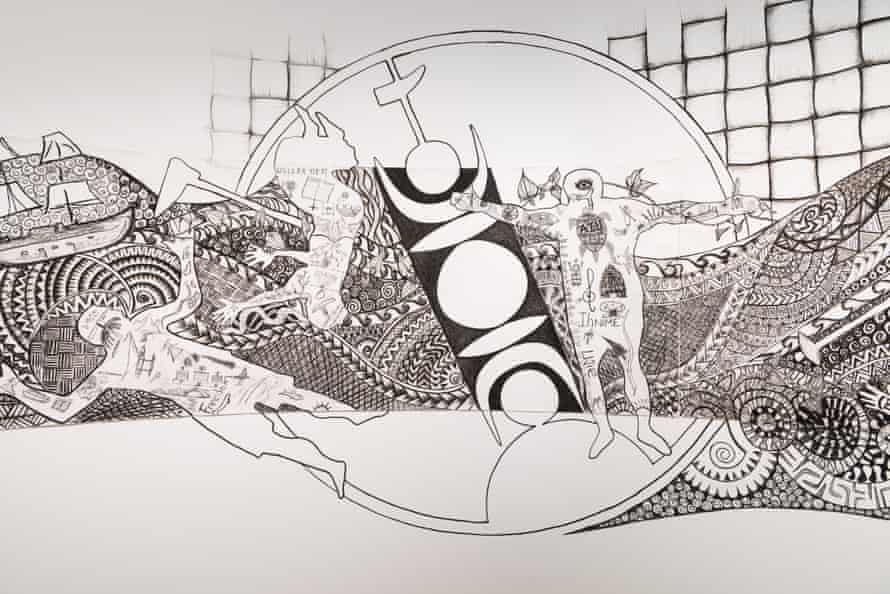We will never have any memory of dying.
We were so patient
about our being,
noting down
numbers, days,
years and months,
hair, and the mouths we kiss,
and that moment of dying
we let pass without a note—
we leave it to others as memory,
or we leave it simply to water,
to water, to air, to time.
Nor do we even keep
the memory of being born,
although to come into being was tumultuous and new;
and now you don’t remember a single detail
and haven’t kept even a trace
of your first light.
It’s well known that we are born.
It’s well known that in the room
or in the wood
or in the shelter in the fishermen’s quarter
or in the rustling canefields
there is a quite unusual silence,
a grave and wooden moment as
a woman prepares to give birth.
It’s well known that we were all born.
But of that abrupt translation
from not being to existing, to having hands,
to seeing, to having eyes,
to eating and weeping and overflowing
and loving and loving and suffering and suffering,
of that transition, that quivering
of an electric presence, raising up
one body more, like a living cup,
and of that woman left empty,
the mother who is left there in her blood
and her lacerated fullness,
and its end and its beginning, and disorder
tumbling the pulse, the floor, the covers
till everything comes together and adds
one knot more to the thread of life,
nothing, nothing remains in your memory
of the savage sea which summoned up a wave
and plucked a shrouded apple from the tree.
The only thing you remember is your life.
~ Pablo Neruda
from Plenos Poderes (Fully Empowered)
art by Jackie Traverse
with thanks to whiskey river
































